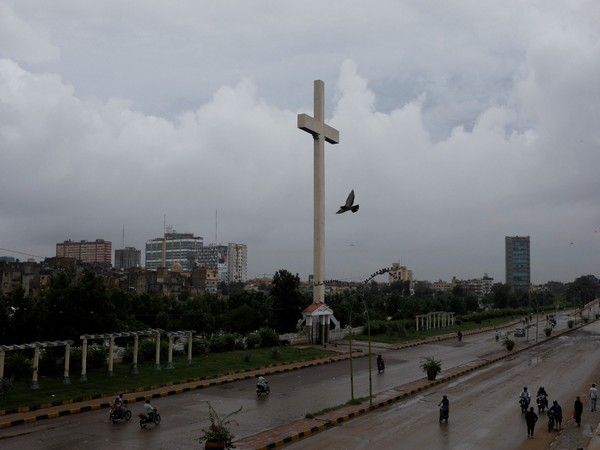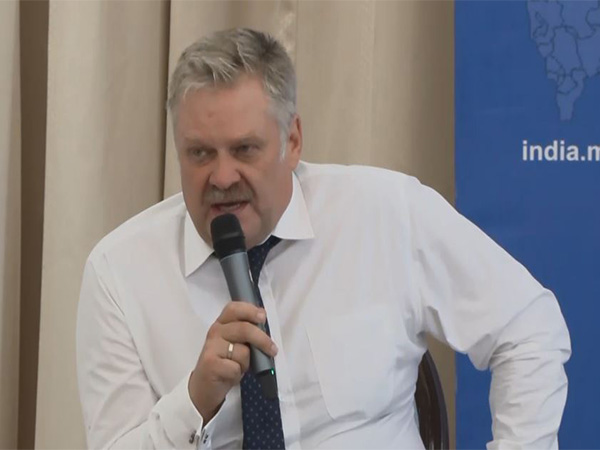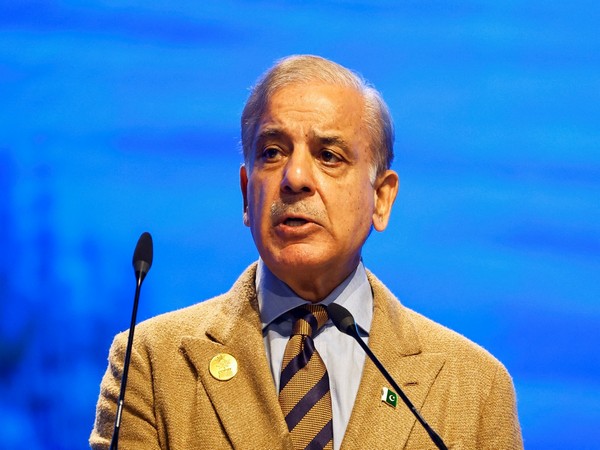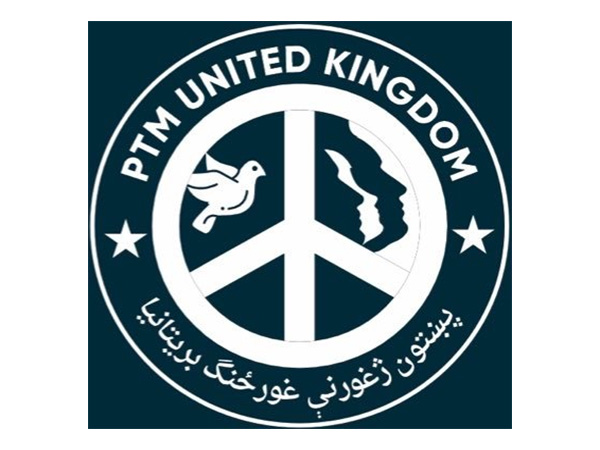
At least 47 Palestinians killed in Israeli strikes
Jul 05, 2025
Gaza [Palestine], July 5 : At least 47 Palestinians were killed in airstrikes in Gaza as Israeli forces again targeted people waiting for food, while hospitals struggled to cope with the wounded, Al Jazeera reported, quoting hospital sources.
Meanwhile, Hamas has announced its readiness to begin negotiations "immediately" on a proposed 60-day ceasefire that would allow vital aid into Gaza. Hamas ally Islamic Jihad has expressed support for the truce talks but demanded "guarantees" to ensure the process leads to a permanent ceasefire.
The announcement came after Hamas consulted with other Palestinian factions. It precedes a planned visit by Israeli Prime Minister Benjamin Netanyahu to Washington, where U.S. President Donald Trump is pushing for an end to the war, now in its 21st month, Al Jazeera reported.
Since the conflict began, Israel's war on Gaza has killed at least 57,338 people and wounded 135,957, according to Gaza's Health Ministry. In the October 7, 2023, attacks, 1,139 people were killed in Israel and more than 200 taken captive. Al Jazeera further reported that hospitals in Gaza remain overwhelmed as strikes persist in areas where civilians are queuing for food, worsening the humanitarian crisis.
In a key development, Hamas confirmed it had "submitted a positive response" to the 60-day ceasefire proposal, marking a potential breakthrough after months of failed efforts, CNN reported. The group said it is "fully prepared to immediately enter into a round of negotiations regarding the mechanism for implementing this framework."
Israel had previously accepted the U.S.-sponsored framework, paving the way for final detailed negotiations. Bishara Bahbah, a Palestinian-American interlocutor who has spoken directly with Hamas, welcomed the development, stating on Facebook, "We are now much closer to ending this cursed war," while noting Hamas had introduced some amendments. He added that the changes would not obstruct a ceasefire agreement "within the coming week, God willing."
An Israeli source familiar with the matter confirmed that Israel had anticipated a positive response from Hamas and described the proposal's rewording as minor and unlikely to derail talks.
U.S. President Donald Trump on Friday expressed optimism, saying a ceasefire deal could be reached next week following Hamas's response. "We have to get it over with," he said. "We have to do something about Gaza."
According to the proposal, of the 50 Israeli hostages remaining in Gaza, Hamas would release 10 -- eight on the first day of the ceasefire and 18 deceased -- in exchange for an unspecified number of Palestinian prisoners. Following the initial release, Israel would withdraw from parts of northern Gaza and both sides would begin talks for a permanent ceasefire. The releases would take place without any Hamas ceremonies, and the remaining hostages would be freed on four additional dates specified in the plan.
Ceasefire efforts intensified after the recent 12-day conflict between Israel and Iran. Qatar, a key mediator, promptly launched new rounds of indirect negotiations between Hamas and Israel to find common ground, CNN reported.
The new proposal offers stronger U.S. assurances that Israel will remain engaged in talks aimed at achieving a permanent ceasefire, either during or following the 60-day truce, according to an Israeli official and a source familiar with the negotiations. It also obliges Israel to allow a significant increase in humanitarian aid into Gaza via traditional channels rather than the controversial Israeli-backed Gaza Humanitarian Foundation.
President Trump has been actively pushing for the ceasefire, stating on Tuesday that Israel had "agreed to the necessary conditions" for the 60-day cessation of hostilities. On Truth Social, he warned Hamas to accept the deal, saying, "I hope, for the good of the Middle East, that Hamas takes this Deal because it will not get better -- IT WILL ONLY GET WORSE," while thanking Qatar and Egypt for facilitating the talks.
Despite ongoing negotiations, Israel has continued its bombardment, killing scores across the besieged enclave. The death toll in Gaza has surpassed 57,000 since the war began, according to the Palestinian Ministry of Health.
Until recently, Israel had refused to accept a ceasefire that included a comprehensive end to the war, as Netanyahu insisted on destroying Hamas' military capacity and governing ability. However, the recent conflict with Iran appears to have shifted his stance.
On Sunday, Netanyahu signaled a new openness, saying "many opportunities have opened up" following Israel's operations in Iran, including the chance to bring home hostages held in Gaza. It was the first time in months that Netanyahu explicitly prioritized hostage recovery over the complete defeat of Hamas.
Before leaving for Washington, where he is scheduled to meet President Trump on Monday, Netanyahu will convene his full cabinet on Saturday night to discuss the ceasefire proposal. Although far-right members of his government have vowed to block the deal, other political factions have pledged support, increasing the likelihood of an agreement.

























